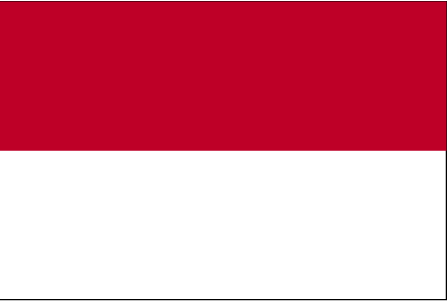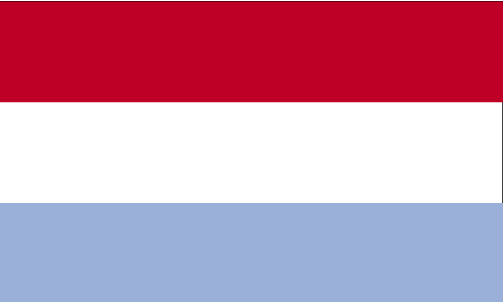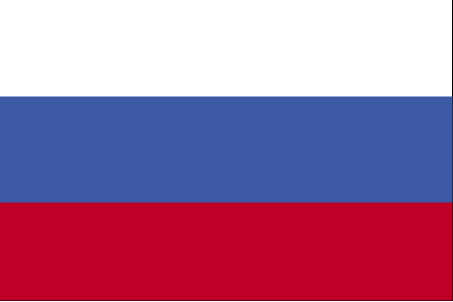Resolution #470
 |
The question of implementing the Literacy for Empowerment and Transformation report. |
| Committee: SOCHUM | |
| Main Submitter: USA | |
| Submitted: 16/02/2025 11:39 |
| Status |
|---|
| Passed cosubmitter sheet validation |
| Approved by approval panel |
| Selected for debate by secretariat |
| Passed by committee (SOCHUM) |
Committee Voting
| For: | 50 |
| Against: | 1 |
| Abstentions: | 4 |
Options
Co-submitters
 | Greece |
 | Indonesia |
 | Luxembourg |
 | Pakistan |
 | Russian Federation |
 | Ukraine |
 | United Kingdom |
Resolution
FORUM: Social, Humanitarian and Cultural Committee
QUESTION OF: Implementing the Literacy for Empowerment and Transformation (LET) report
SUBMITTED BY: The United States of America
CO-SUBMITTED By: Russia, Greece, Pakistan, Serbia, Luxembourg, Indonesia
THE SOCIAL HUMANITARIAN AND CULTURAL COMMITTEE,
Recognizing the critical role of literacy in empowering individuals and transforming societies,
1. Calls for the creation of a new sub-body under the United Nations (UN) Educational, Scientific and Cultural Organization (UNESCO) named the UN Committee on LET (UNLET), which will include representatives from member states, educational experts, and relevant NGOs, the goals of UNLET will include, but not limited to:
a. gathering and analysing information on global literacy rates and challenges
b. providing recommendations and funding to member states and international bodies to improve literacy rates and to implement the LET report
c. to track our advancement in achieving the 2030 Education agenda
d. facilitating international cooperation and dialogue on literacy issues
e. encouraging the development of international literacy benchmarks that assess and define a "high standard" of literacy, ensuring global consistency in literacy educatio
2. Asks the UNLET to work in conjunction with the United Nations Department of Economic and Social Affairs (DESA) and relevant member nations to improve educational access in LEDCs, aiming to increase the number educated people, to be done through means such as but not limited to:
a. providing safe food, water and healthcare to all students and faculty through means such as:
i. food at school programs
ii. increasing the number of safe water sources on campuses
iii. the provision of basic healthcare supplies with emphasis on female health supplies
b. to refer to the security council regarding the safety of students from trafficking and general violence in war-torn/dangerous LEDCs
c. to incentivize and aid LEDCs in the construction of accommodation for students
d. subsidizing or fully paying for costs associated with schools, including:
i. the salaries of teachers in education systems
ii. any sort of fees for students as well as hidden fees such as transport and accommodation
iii. books and educational equipment such as stationery and calculators
iv. the creation of electricity and internet services to the educational facilities
e. to aid in the training of teachers to ensure they are off the highest standard, through the guidelines and the expertise of UNESCO
f. implementing policies that promote inclusivity and reduce disparities for minorities in educational opportunities, such as race, gender, religion or sexuality inequalities
3. Urges the promotion of lifelong literacy programs by member nations with aid from UNLET and any other relevant UN bodies to foster the long term journey through education through means such as but not limited to
a. establishing adult literacy programs to support individuals who did not acquire basic literacy skills in their youth and to engage those who did
b. to ensure that all initiatives in the resolution reach marginalized, rural and minority communities
c. providing access to educational resources through means such as but not limited to:
i. the creation of more libraries in LEDCs
ii. sommunity center based educational programs
iii. supplying high-speed internet and data to communities to provide access to online resources and to broadly improve electricity supply;
4. Supports the implementation of literacy programs tailored to the needs of specific communities and the beliefs of those such communities, with aid from UNLET with a focus on:
a. identifying and addressing the unique literacy challenges faced by different regions and populations
b. working with UNICEF education in war programs to facilities and improve the education of those in war, with aid from clause 2 sub clause b
c. support for those with learning difficulties with specialised teachers and facilities
d. collaborating with local organizations and community leaders to design culturally relevant literacy initiatives
e. providing targeted support to vulnerable groups and minorities;
5. Urges the creation of a global mass media campaign to educate the public on the importance of literacy education and how to avail of it overseen by the UNLET, through means such as, but not limited to:
a. online media in areas with internet access, utilizing social media platforms through collaborations with influencers and other high profile persons
b. physical media in all regions, including pamphlets, brochures, billboards and posters;
6. Calls for the organization of a biannual international literacy conference hosted by UNLET in collaboration with relevant UN bodies and stakeholders, with the goals to:
a. discuss emerging issues and challenges related to literacy
b. share best practices and successful initiatives as well as what's not worked
c. facilitating the sharing of facts, statistics and information regarding the topic
d. for UNLET to advise relevant member states on how governments should proceed to implement the literacy for empowerment and transformation report
e. foster international cooperation and dialogue on literacy;
7. Encourages member states to work in conjunction with UNLET, for the adoption of innovative and technology-driven approaches to improve literacy outcomes, including:
a)developing and deploying educational technology tools and platforms specifically targeting rural and marginalized communities that might not have had previous access to technology tools, electricity, internet connectivity, digital libraries and more,
b)the implementation of education programs tailored to different regional communities to educate citizens how to accurately use technology to the best of their advantages based on their location,
c) promoting digital literacy as an essential component of overall literacy education through the means as outlined in clause 5 with aid from any relevant UN bodies and NGOs,
8) Calls for to the creation comprehensive education programs and workshops that incorporate literacy-based activities, community involvement, and health-related initiatives to promote literacy for empowerment and transformation ensuring that the programs are inclusive, engaging, and sustainable, the initiative will be serving to secondary and primary school students, the program will be established by:
a. designing dynamic reading challenges and educational games to be implemented within primary and secondary schools, youth clubs, local libraries, and community centers, the activities shall be carried out in urban and rural settings in order to allow equal opportunities for students of different socioeconomic statuses, these reading challenges will be composed of several reading comprehension activities, crosswords, and other problem-solving games to attract the students with lively interaction in learning designed to engage students in dynamic and fun learning experiences, these activities will involve the children in dissecting and engaging texts, solving literary puzzles, and playing games that reinforce vocabulary, grammar, and comprehension, the initiative will be guided by;
i. local educational authorities to ensure the activities align with national curricula while addressing community-specific needs which will be selected by the United Nations,
ii. teachers,literacy coaches, and trained volunteers selected by the UN, with a particular emphasis on the degree to which they can facilitate interactive and student-centered learning
b. creating specialized workshops for educators, the workshops’ main focus will be the introduction of active teaching methodologies through gamelike educational games and group learning strategies for improving reading, comprehension, and communication skills of students; and showing teachers how to easily use them within the classroom to promote student participation, these workshops will be carried out at universities, teacher training centers, and regional educational hubs in all regions so that both urban and rural educators have equal opportunities, the initiative will ensure online platforms for flexibility in ensuring educators, particularly from very remote or under-resourced areas, are able to attend such workshops irrespective of geographical constraints, these workshops will be adapted according to regional needs, enabling educators of diverse cultural and educational backgrounds to benefit from the workshops with great efficacy and the facilitators will be master educators with vast experience in teaching and professional development